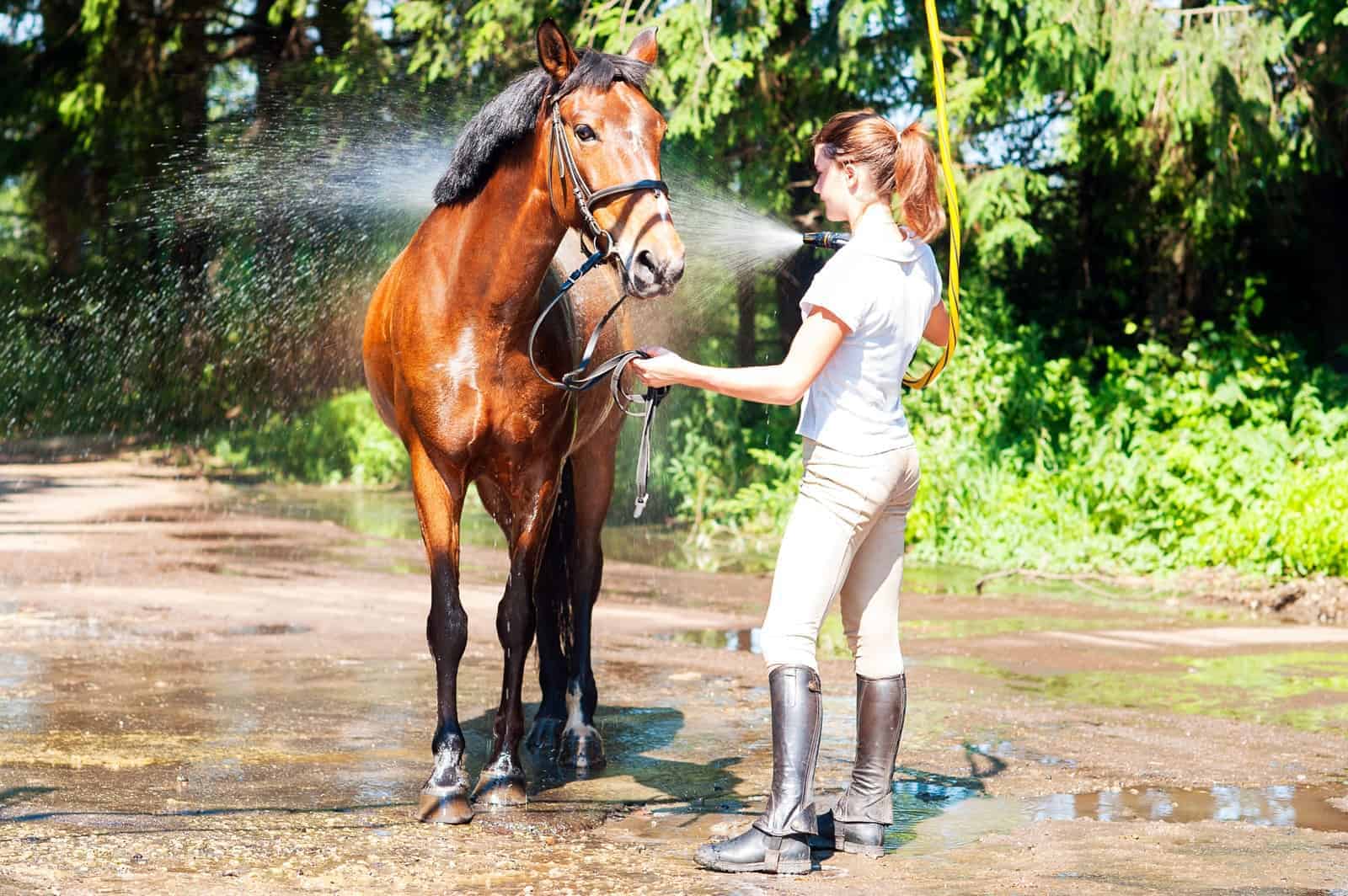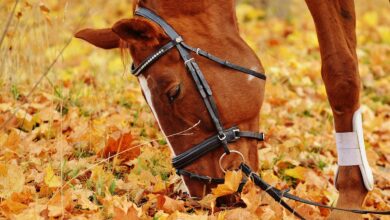In regions like the Middle East, where summer temperatures soar, horse owners face the critical challenge of maintaining equine health in extreme conditions. At Al Badia Magazine, we recognize that horses are noble and sporting animals, yet they are highly vulnerable to heat stress. Proper veterinary care, preventive management, and nutrition are essential to safeguard their performance and wellbeing.
Understanding Heat Stress in Horses
Horses regulate body temperature primarily through sweating, but excessive heat and humidity can overwhelm this natural cooling system. Symptoms of heat stress include rapid breathing, muscle weakness, fatigue, and dehydration. Without prompt action, horses risk developing colic, heatstroke, or even organ failure.
Hydration: The First Line of Defense
The cornerstone of hot-weather care is adequate hydration. Horses may require 25–55 liters of water per day in extreme heat. Adding electrolytes (sodium, potassium, chloride) helps replace minerals lost through sweat, maintaining muscle and nerve function. Automatic waterers, shaded troughs, and frequent monitoring can prevent dehydration.
Feeding and Nutrition
During hot weather, heavy grain-based diets can increase metabolic heat. Experts recommend feeding high-quality forage and adding fats as an alternative energy source. Supplements like salt blocks, probiotics, and digestive aids support overall health. Learn more about equine hydration here.
Stable Management Practices
- Provide ample shade and ventilation in barns or paddocks.
- Adjust exercise schedules to cooler hours (early mornings or evenings).
- Use misting fans or cool hosing after workouts.
- Monitor body temperature regularly — above 39.5°C indicates overheating.
Veterinary Preventive Care
Routine veterinary check-ups are essential during the summer months. Vaccinations, deworming, and dental care should remain up-to-date, as heat stress can weaken immunity. Vets often recommend blood tests to monitor hydration and electrolyte balance, especially for performance horses. Visit our Equestrian Education section.
A Culture of Preventive Awareness
At Al Badia Magazine, we emphasize that prevention is always better than treatment. With careful planning — from diet and hydration to stable design and veterinary support — horse owners can significantly reduce the risks of heat-related health issues. Protecting horses during hot weather ensures not only their safety but also their ability to perform with strength and grace. Check more on Equine Hydration Guide








